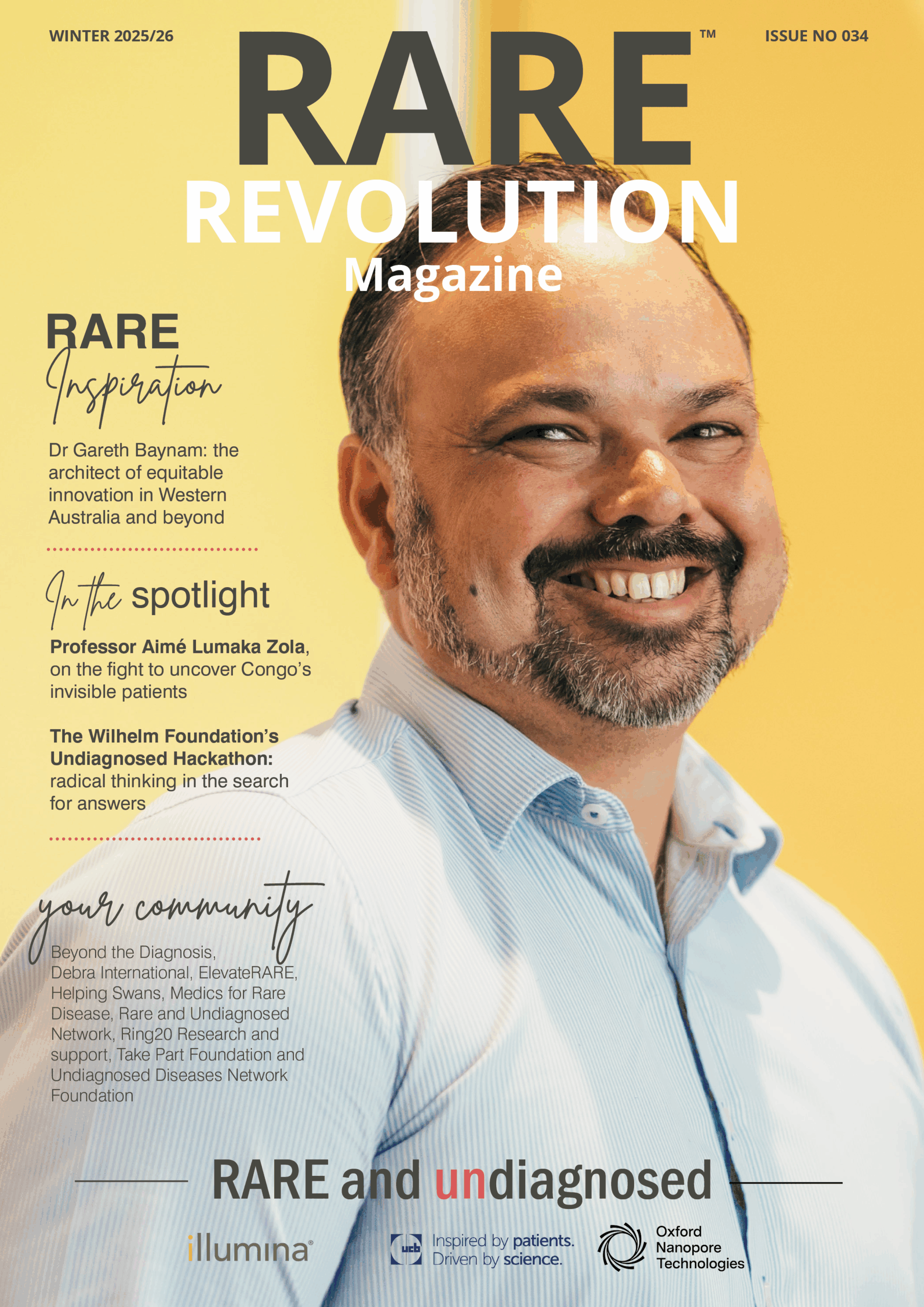Celebrating the incredible work of nurses for International Nurses Day
International Nurses Day, celebrated annually on May 12th, honours the contributions of nurses worldwide and coincides with the birthday of Florence Nightingale, the founder of modern nursing. It is an opportunity for us to say thank you to all the nurses who work tirelessly to make a difference to people’s lives
Nurses play a vital role in caring for people with the rare breathing condition known as congenital central hypoventilation syndrome (CCHS). Individuals with CCHS have a series of complex health needs and families rely on the specialist skills of nurses to support them through the challenges that come with their CCHS diagnosis.
The charity, Keep Me Breathing was set up to develop new treatments for this condition and its founders have a little boy Casper, now 3, with CCHS. They cherish one particular nurse who has helped the family in so many different ways. She has been helping to look after Casper since he came out of hospital at around nine months old and more recently supporting the Kent based family in the UK with their son Beau who also has CCHS. She is close to their hearts—please read the spotlight interview with Melanie to learn more about her work as a specialist paediatric nurse.

Interview with Melanie Lovell-Knight, specialist paediatric nurse and clinical lead with specialism in children with complex healthcare needs and paediatric palliative care.
Melanie is now responsible for delivering care packages to children with complex needs, commissioned by the NHS.
What did you know about CCHS when you met the family?
Being such a rare condition, I hadn’t heard of CCHS when I was assigned to support the Oakley family back in 2021. However, I was determined to find out everything I could and spent a lot of time researching and learning about it. It quickly became apparent just how complex this genetic condition is, so it was a steep learning curve.
The important thing to consider is CCHS is not actually a respiratory condition even though the breathing is affected. It is a neurological disorder which affects the autonomic nervous system (ANS), which is the part of the nervous system that controls involuntary functions of the body like breathing.
It often comes with a host of different health issues and for Casper that included neuroblastoma (a type of cancer) and also issues with blood sugar control. For Beau, he uses a tracheostomy to connect to his ventilator and also has a condition called Hirschsprung’s disease which causes severe bowl symptoms.
Every patient with CCHS is different, there is singular way to manage each person so you need to take a very individualised approach.
The key thing is to listen to the parents. I spent a lot of time consulting with the families to find out what they knew and what their needs were.
What have been your key challenges and rewards with looking after Casper all this time?
When caring for a child with CCHS you can’t take any risks with their health. Even a cold can turn into something dangerous. Anything that doesn’t look or sound right needs to be checked out by a medical team—you don’t have the time to watch and wait.
It’s incredibly rewarding to see how both Casper and Beau can thrive despite all the medical interventions they have been through and all that they endure every day. They are both very resilient, happy children and their families have been unwavering in dealing with their illnesses.
If you told an expectant parent they would have a child that couldn’t breathe when they sleep and would need round the clock monitoring, even all night long, they would say it would be impossible to deal with. However, when that child arrives, they adapt, they change their lives and deal with it and that’s incredible.
What are the key skills that are needed for this role?
Good communication is vital and importantly, listening skills. You also need to be adaptable and flexible for the needs of the whole family. Clinical skills must be of a high level but hand in hand with a passion for this type of work.
My role now involves providing a package of care for families with complex healthcare needs, as commissioned by the NHS. I am responsible for overseeing the training of nurses delivering this care, however, I still work directly with families as often as I can as this is important to me.
What do you think about the advanced breathing pacemaker that is being developed by the charity—how do you think this will make a difference?
As children with CCHS grow up they will want more independence which is daunting for parents as it means they will lose elements of control over their child’s health.
I think the new breathing pacemaker could be life-changing as it will allow greater independence. What the families are striving to achieve with the charity and the product development work is remarkable.
What advice would you give to anyone considering a role in working with children who have complex healthcare needs?
Your heart has to be in it and you must be passionate about the work. Stick at it as it will be tough but listen, learn and follow your intuition.
I really do feel it’s the best job in the world!



